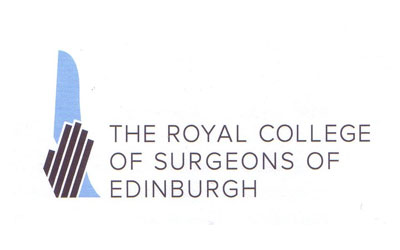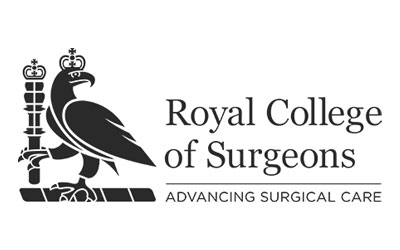Experience
Mr Highcock has a specialist interest in the surgical management of hip pain and hip arthritis. He was the First Biennial Allan Gross Adult Reconstruction International Fellow at the world-renowned Mount Sinai Hospital in Toronto and a Cavendish Hip Fellow in Sheffield. In addition, he trained at the Wrightington Centre for Hip Surgery.
Mr Highcock performs Hip Osteochondral Allograft Surgery, Total Hip Replacement and Revision Total Hip Replacement.
Mr Highcock practices modern surgical techniques in hip arthroplasty surgery and enhanced recovery, allowing his patients to return to normal life as soon as possible. He has excellent results demonstrated on the National Joint Registry, with lower revision rates and better outcomes than expected.
WHAT IS HIP ARTHRITIS?
The major types of arthritis that affect the hip are osteoarthritis, rheumatoid arthritis and post-traumatic arthritis.
OSTEOARTHRITIS
Osteoarthritis is the most common arthritis of the hip. It is a degenerative (wear-and-tear) arthritis that occurs most often in people over 50 years of age, but can occur in younger people.
In osteoarthritis the cartilage in the hip joint gradually wears away. As the cartilage wears away, the protective space between the bones decreases. This can result in bone rubbing on bone, and produce hip pain.
Osteoarthritis develops slowly and the pain it causes worsens over time.
RHEUMATOID ARTHRITIS
Rheumatoid arthritis is a chronic autoimmune disease that affects multiple joints, including the hip joint. It is typically symmetrical, affecting the same joint on both sides of the body.
In rheumatoid arthritis the capsule that covers the hip joint is inflamed resulting in pain, stiffness and deformity.
POST-TRAUMATIC ARTHRITIS
Post-traumatic arthritis can develop after a severe injury to the hip, leg or spine. Examples include fractures which can cause deformity or instability, which over time can result in arthritis.
SYMPTOMS
A hip joint affected by arthritis may be painful. Generally, the pain develops gradually over time, although sudden onset pain can occur – often after a minor injury.
Additionally, the joint may become stiff, making it difficult to bend forwards e.g. to put shoes and socks on. Weight bearing activity may cause pain to worsen. Pain may occur in the groin, side of hip, thigh or even knee. Many people with arthritis note increased joint pain with cold weather.
TOTAL HIP REPLACEMENT
EXPERIENCE
Mr Highcock has a specialist interest in Total Hip Replacement (THR). He trained in all aspects of THR at the Wrightington Centre for Hip Surgery, Liverpool, as a Cavendish Hip Fellow in Sheffield and Adult Lower Limb Reconstruction Fellow in Toronto, Canada. He performs both cemented and uncemented total hip replacements. He has excellent results demonstrated on the National Joint Registry, with lower revision rates and better outcomes than expected.
Mr Highcock has experience with modern surgical techniques, and has attended surgical visitations for two-incision, SuperPath and anterior approach surgery.
ENHANCED RECOVERY
Mr Highcock runs an enhanced recovery program for all of his hip replacement patients. Patients who are suitable (co-existing medical conditions dependent) are walking the same day of their surgery. He does not use drains, or heavy dressings, which can delay rehabilitation. All patients have local anaesthetic to help with early pain management. Suitable patients have a surgical approach that minimises limping after surgery.
Patients are usually discharged after 1 day.
Rehabilitation with a physiotherapist is important for full recovery. Rehabilitation exercises begin on the day of surgery to help restore a normal gait (walking) pattern and restore strength around the hip joint.
Patients are usually able to resume full activities 6 weeks after surgery.
REVISION TOTAL HIP REPLACEMENT
Mr Highcock has a sub-specialist interest in Revision Total Hip Replacement. He trained in revision surgery at the Wrightington Centre for Hip Surgery and had Fellowship training in revision surgery at both the Cavendish Fellowship in Sheffield and the world-renowned Mount Sinai Hospital in Toronto with Dr Allan Gross.
Mr Highcock deals with all aspects of revision hip replacement surgery and is trained in modern techniques for infection eradication, bone restoration, trabecular metal reconstruction, and joint reconstruction. He performs 50-60 revision surgeries per year, well above the national average, with a higher degree of complexity.







